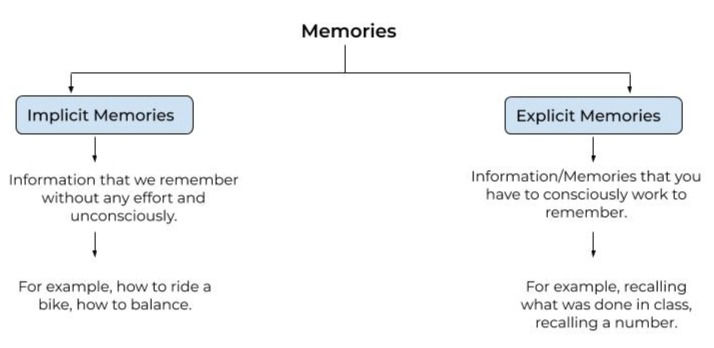HOW MUSIC HELPS OUR MIND AND SOUL
- Samantha

- Jul 25, 2020
- 3 min read
We all love listening to music, each one has a different taste in what they like listening to. Our choice in music says a lot about us as we connect to the beats, rhythms, tone and lyrics.
Evolutionary psychologists say we may be dependent on music because our ancestors were tree-dwellers who called each other across the canopy. It’s also suggested that the ‘rhythmic loud noises’ was the ancestor of choral singing.
Music helps us connect and creates a feeling of cohesion. It brings a sense of unity, for example, national anthems, hymns that build a certain group identity, and so on. Millennials and Generation Z will always ‘ stomp and clap’ when they hear the song ‘We will Rock you.’
One reason is memories are easier to retrieve when linked to the five senses {touch, vision, smell, taste, hearing} Music can also bring back memories as they evoke certain emotions. There are different kinds of memory, two of which are Implicit and Explicit memories.

Memories are stimulated by music that hit certain moments in our lives, this is why when we hear old songs we travel back to the time we heard it.
Even though the music does evoke a certain emotion, in itself it does not define the emotion we feel. Music extracts that emotion because we associate that music with an important period in our lives.
Storing information isn’t the problem, retrieving it can be. When trying to recall an alphabet in the order, you are likely to sing the full song {A B C D...} this is because songs make it easier to retrieve information. We see this in Hannah Montana season 2 episode 4, Miley creates a song to memorize all the bones in a human body and we see it is a lot easier to remember it through a song than just mugging up. We remember song lyrics because the words are accompanied by beats.
Babies recognize a song played regularly to them while in the womb even months after being born.
Our brain has different pathways to recognize the different parts of music like the beats, the words, the rhythm and the melody. Fast music can increase our heart rate, breathing and blood pressure; slow music can have the opposite effect.
Studies have shown that music improves our memory. In one study participants were given to read and recall a shortlist of words. Those who listened to classical music performed better than those who worked in silence with white noise.
Even people who have suffered from a traumatic brain injury and find it difficult to recall memories, music helps bring back some moments they felt then.
Why music affects our mood
Everyone has a different taste in music and you will relate to some songs more than others. A neurotransmitter in our brain called dopamine regulates our emotional behaviour and mood.
Research shows that we may like listening to sad music when we are experiencing an interpersonal loss like the end of a relationship. The music turns into an empathetic friend that you need in such a time.
They say ‘Music is like food for the soul’ and to some extent, I find that true as well because music helps me calm my nerves and it also helps me pump up when working out. Thus, many people turn to music when they want to feel understood.
All in all, music can be a great way to express your feelings and it also can help us in different ways, some songs are close to our heart and provide us with comfort. Music is a good way to connect with others and ourselves.




Comments